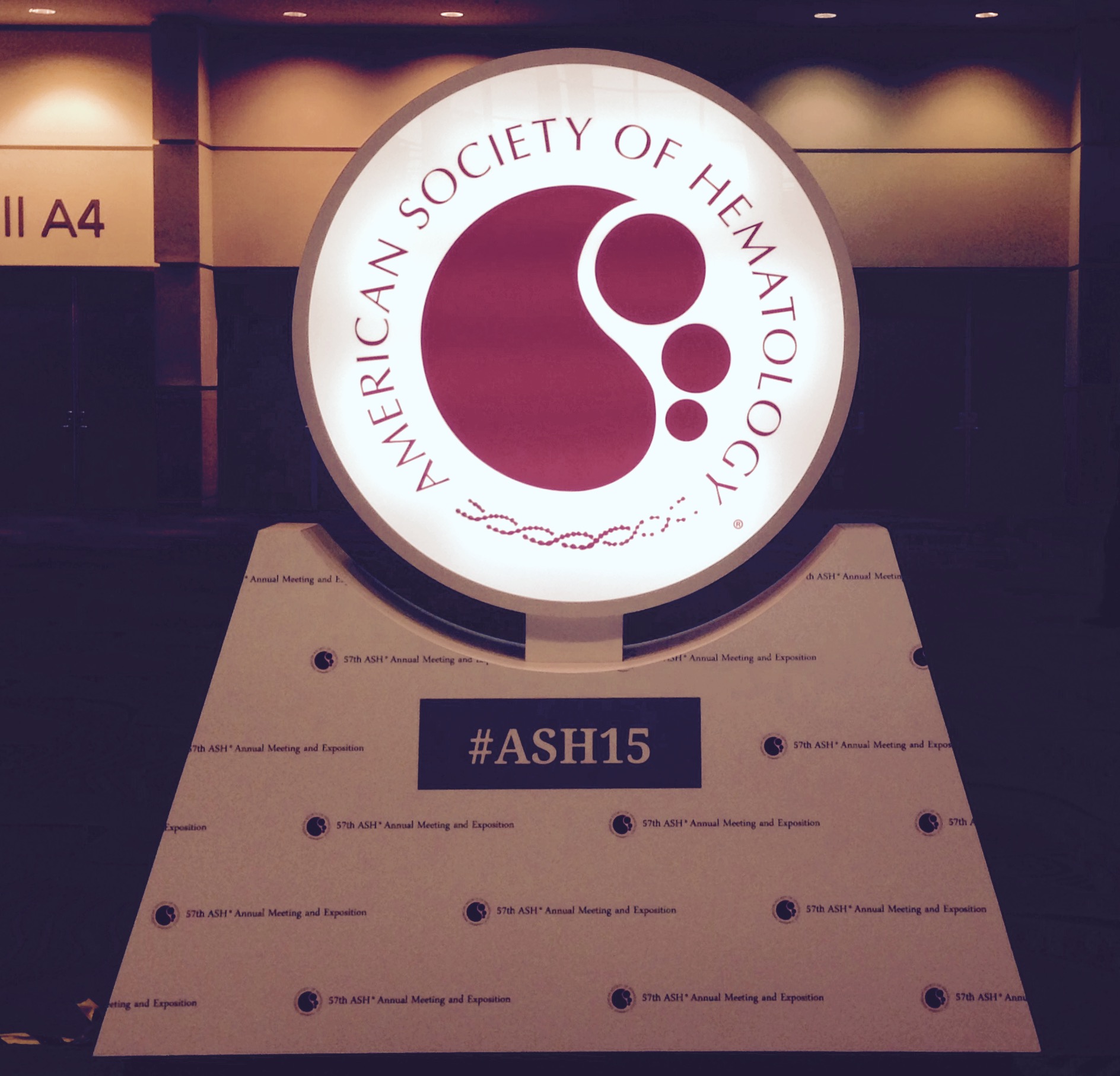 Yesterday we learned the exciting news that the FDA has granted Breakthrough Therapy designation for an investigational immunotherapy LLS is supporting through our Therapy Acceleration Program (TAP).
Yesterday we learned the exciting news that the FDA has granted Breakthrough Therapy designation for an investigational immunotherapy LLS is supporting through our Therapy Acceleration Program (TAP).
The therapy, KTE-C19, being developed by Kite Pharma, is another example of a chimeric antigen receptor (CAR), an approach that genetically engineers patients’ immune T cells and reintroduces them into the body to kill cancer cells. KTE-C19 is crafted by removing patients' T cells and genetically engineering them to home in on the protein CD19, expressed by a variety of blood cancers. The FDA conferred its breakthrough designation to KTE-C19's Phase II non-Hodgkin lymphoma program, which LLS is supporting.
The breakthrough designation expedites the review of therapies for life-threatening conditions.
Kite has presented data from earlier phase clinical trials this week during the American Society of Hematology (#ASH15) Annual Meeting in Orlando that shows some encouraging preliminary findings.
LLS and Kite announced our partnership in July. As part of that agreement LLS is contributing $2.5 million to support the clinical trial and in return Kite is supporting LLS’s broad scope educational program focusing on CAR T-cell therapy for the treatment of blood cancers, as well as support outreach for clinical trial enrollment.
More coverage of this news by John Carroll, editor of FierceBiotech: click here.
LLS also recently entered into another collaboration with the Rising Tide Foundation for Clinical Cancer Research, a Swiss-based nonprofit dedicated to patient-centered cancer research, for a $1.8 million international competitive research grant program intended to accelerate breakthrough immunotherapies for blood cancers.
And on this, the final day of #ASH15, there was some late-breaking news:
- More data was presented from a study we briefly mentioned in a earlier blog, about engineered T- cells, also known as chimeric antigen receptor therapies (CAR-T) targeting the BCMA protein found in the plasma cells of multiple myeloma patients. While the study was small (12 patients) the results were encouraging with a overall response rate of 33%. One patient achieved complete remission and the others either partial remission or stable disease. Abstract can be viewed here.
- Data from a Phase 3 study comparing idelalisib, a therapy that targets the PI3K pathway in B-cell cancers, combined with the chemotherapy, bendamustine, and rituximab, a monoclonal antibody, versus just treatment with bendamustine and rituximab. The combination with idelalisib was far superior. Idelalisb was FDA-approved in July 2014 to treat relapsed CLL patients when combined with rituximab. This recent study may be further proof that the three drugs given together may prove to be a new option for relapsed CLL patients. Read the abstract here.
